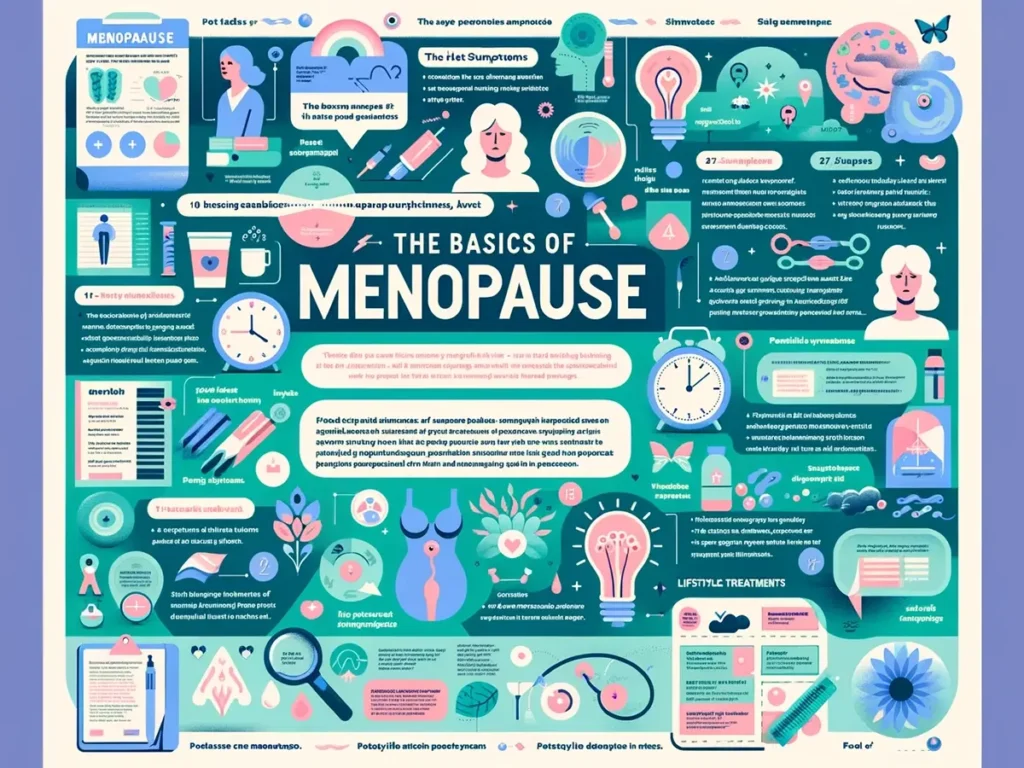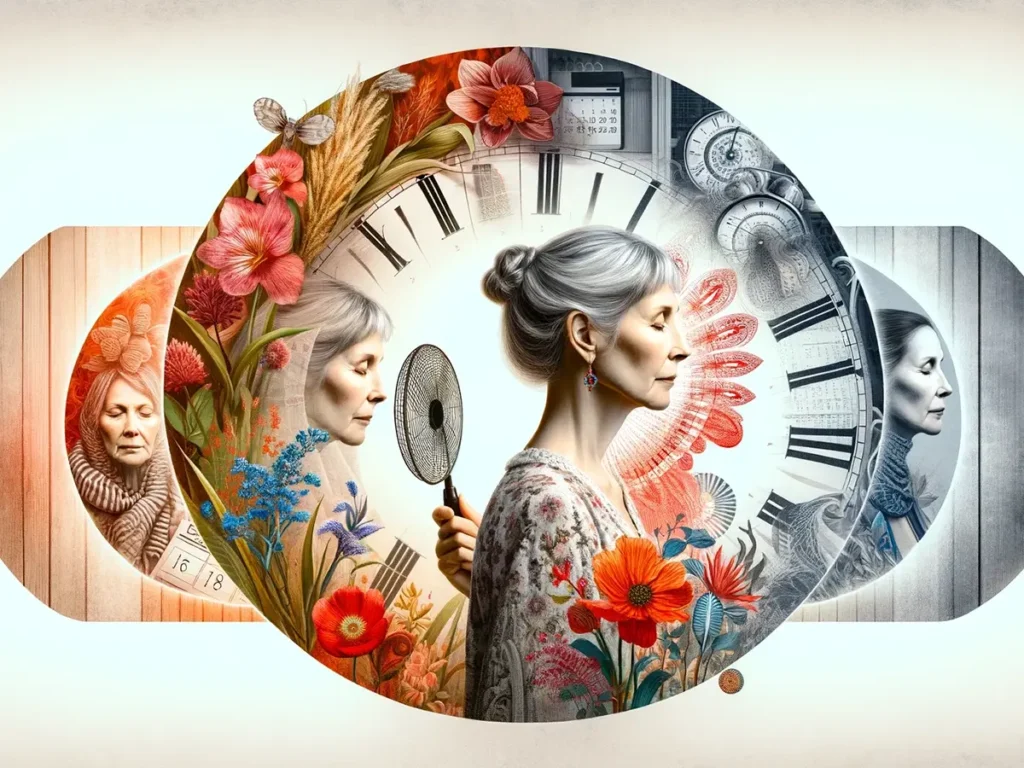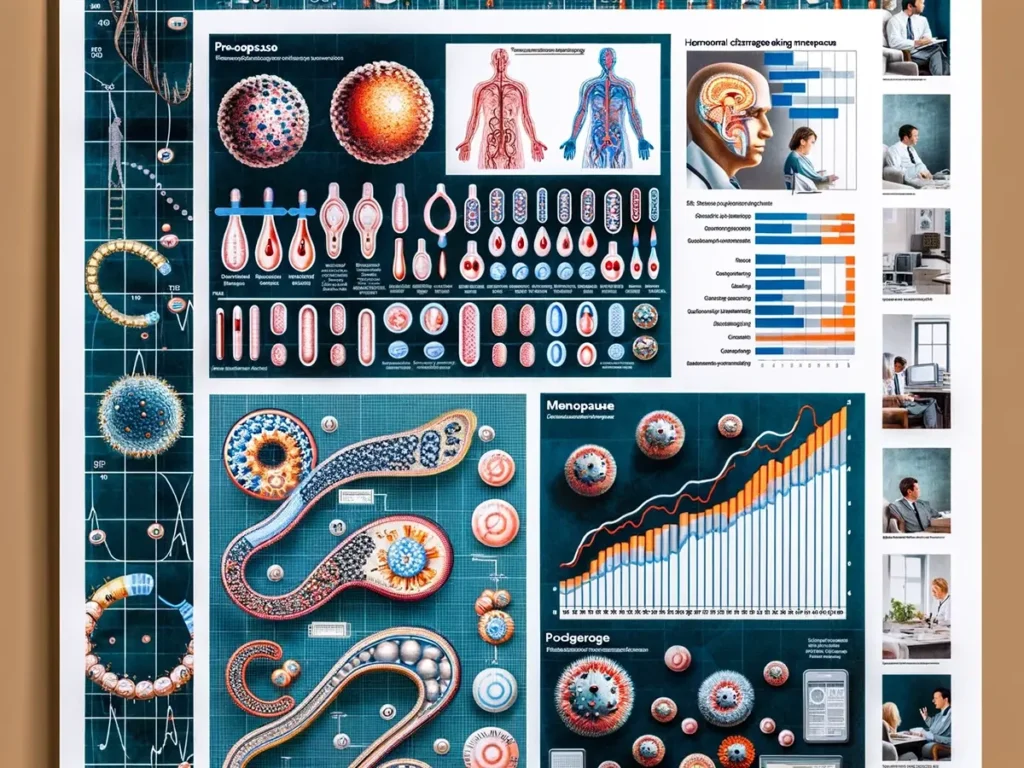Menopause is a natural biological process that marks the end of a woman’s reproductive years. It is a significant milestone, but unfortunately, it is shrouded in myths and misconceptions. In this blog post, we will debunk some of the most common menopause myths and provide the facts.
Myth 1: Menopause happens overnight
Fact: Menopause is a gradual process that can take several years. It typically begins with perimenopause, which can start in a woman’s 40s or even earlier. During this phase, hormone levels fluctuate, leading to irregular periods and various symptoms.
Myth 2: Menopause only affects older women
Fact: While menopause is commonly associated with women in their 50s, it can actually occur in their 40s or even earlier. Some women may experience premature menopause due to medical treatments or conditions.
Myth 3: Menopause means the end of your sex life
Fact: Menopause does not mean the end of your sex life. While hormonal changes can affect libido and vaginal dryness, there are various treatments and solutions available to help manage these symptoms. Open communication with your partner and healthcare provider is essential.
Myth 4: Hormone replacement therapy (HRT) is the only treatment for menopause
Fact: While HRT can be an effective treatment for some women, it is not the only option. Lifestyle changes, such as regular exercise, a healthy diet, and stress management, can also help alleviate menopause symptoms. Additionally, there are alternative therapies and natural remedies that may provide relief.
Myth 5: Menopause leads to weight gain
Fact: While hormonal changes can influence weight distribution and metabolism, menopause itself is not the sole cause of weight gain. Aging, lifestyle factors, and genetic predispositions also play a role. Maintaining a healthy lifestyle, including regular physical activity and a balanced diet, can help manage weight during menopause.
Conclusion
It is important to separate fact from fiction when it comes to menopause. By debunking these common myths, we hope to empower women with accurate information and encourage open conversations about this natural phase of life. Remember, every woman’s experience with menopause is unique, and there are various options available to support and manage the symptoms.






